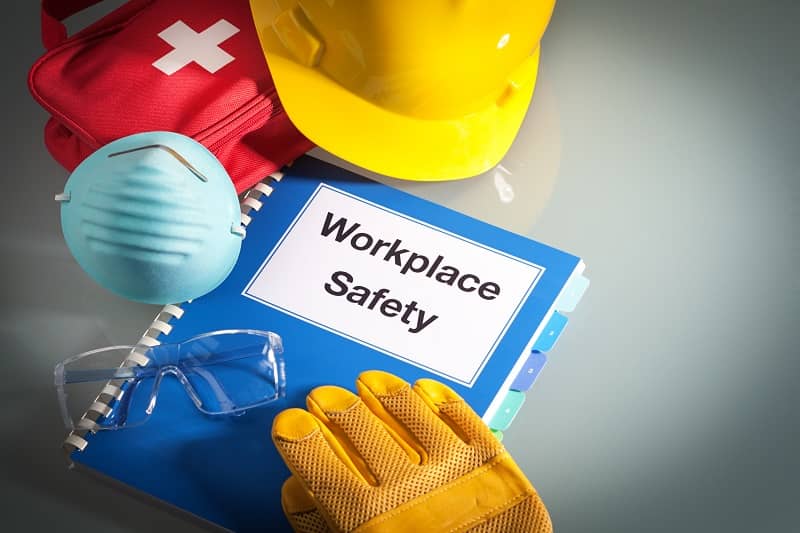Managing a project involves more than just understanding how to read schematics and organize a team of full-time and temporary workers. Whether you’re constructing a new building, renovating an office complex, or rewiring someone’s home, a successful project manager needs to excel in three areas: communication, leadership, and risk management.
Communication
For a project to succeed, your team members need continuous, quality communication to explain roles, keep them informed on new developments, and guide them throughout the project. This is particularly true if you’re using temporary staff or hiring new employees for a project. To improve your communication strategy:
- Skip the email when a face-to-face conversation would be more effective.
- Listen to your team members, no matter how small their concern or suggestion may seem.
- Hold regular meetings with every member of your project team.
- Utilize agendas to keep your meetings short and on-task.
- Regularly check in with every employee.
- Actively seek their feedback and suggestions.
If you’re not sure whether you’re communicating effectively with your team, don’t be afraid to ask.
Leadership
As the project manager, your team members need to know they can turn to you for anything, and you need to know they will trust your decisions and follow your directives. It takes years to become a great leader, but you can become a better leader very quickly by following these tips:
- Listen to your employees.
- Know who is responsible for every part of the project.
- Manage timelines and mitigating the impact of any delays.
- Motivate your employees to want to work their hardest.
- Build relationships with and amongst team members.
- Encourage your employees to provide honest feedback and opinions.
When your employees know they can trust and rely on you, they will repay that be being the type of employees you can trust and rely on.
Risk Management
Before anyone steps foot on a project site, you should have identified potential risks, communicated these to your team, and developed strategies for confronting those risks long before they can occur. When developing a risk management plan:
- Identify possible risks.
- Determine which risks pose a threat to the project or are opportunities for improvement.
- Prioritize these risks to determine if and when they must be dealt with.
- Establish ownership for any potential issues.
- Develop and implement risk response strategies.
- Document all potential risks and monitor those risks throughout the project.
- Identity which tasks could be affected by each risk, and plan for those tasks to be impacted.
Having a risk management plan in place can make the difference between smoothly handling an issue and having your entire project derailed because you failed to plan ahead.
Work with a Top Staffing Agency in the Pacific Northwest
As you plan to lead your next project, consider how your communication, leadership, and risk management skills are impacting your results. When you’re ready to tackle that next project, contact MICI today to work with one of our staffing solution specialists, and we’ll make sure you have the best members for your team.




